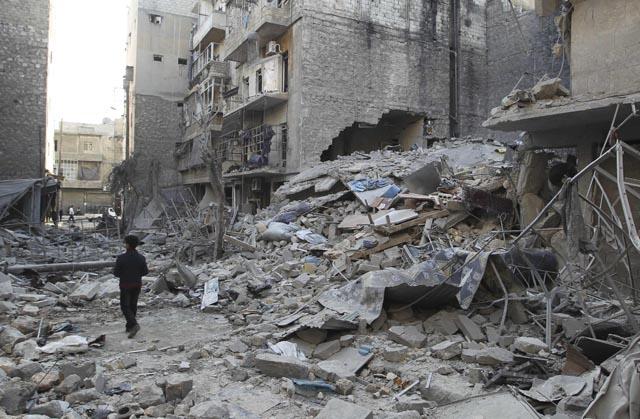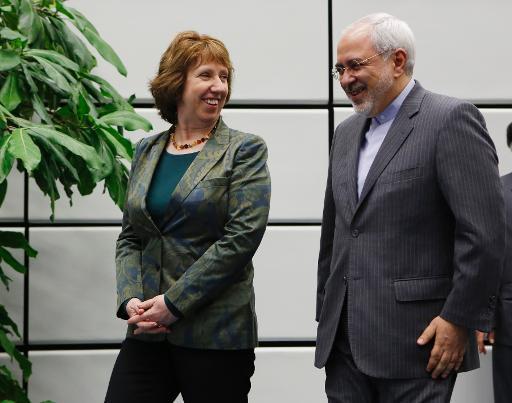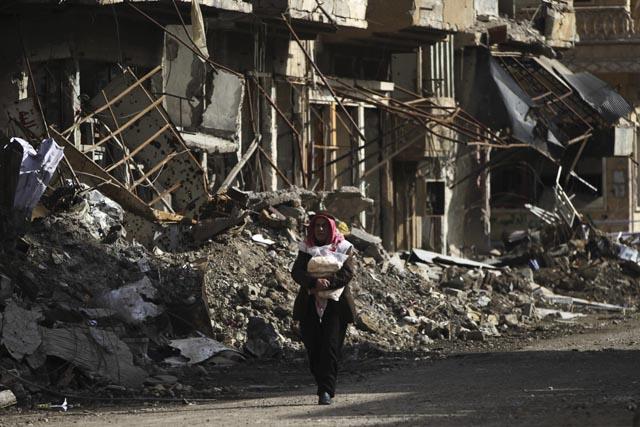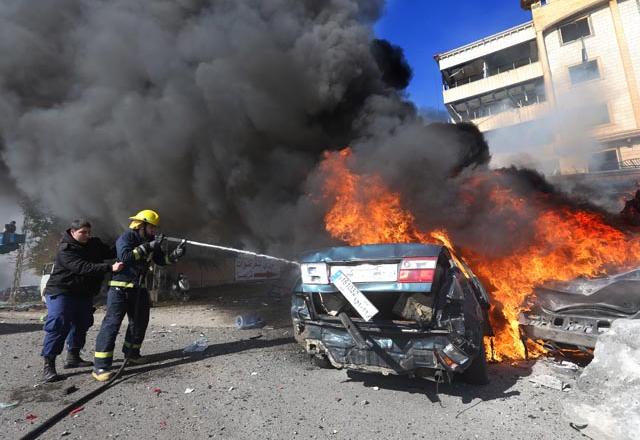VIENNA — Six world powers and Iran strived at a second day of talks in Vienna on Wednesday to map out a broad agenda for reaching an ambitious final settlement to the decade-old standoff over Tehran’s nuclear programme.
The United States, Russia, China, Britain, France and Germany want a long-term agreement on the permissible scope of Iran’s nuclear activities to lay to rest concerns that they could be put to developing atomic bombs. Tehran’s priority is a complete removal of damaging economic sanctions against it.
The negotiations will probably extend at least over several months, and could help defuse years of hostility between energy-exporting Iran and the West, ease the danger of a new war in the Middle East, transform the regional power balance and open up major business opportunities for Western firms.
“The talks are going surprisingly well. There haven’t been any real problems so far,” a senior Western diplomat said, dismissing rumours from the Iranian side that the discussions had run into snags already.
The opening session on Tuesday was “productive” and “substantive”, they said. “The focus was on the parameters and the process of negotiations, the timetable of what is going to be a medium- to long-term process,” one European diplomat said.
“We don’t expect instant results.”
A Wednesday morning session was chaired by a senior European Union diplomat, Helga Schmid, and Iranian Deputy Foreign Minister Abbas Araqchi, accompanied by senior diplomats from the six powers.
EU foreign policy chief Catherine Ashton, who coordinates official contacts with Iran on behalf of the six, was scheduled to attend an extraordinary meeting of EU foreign ministers in Brussels on the Ukraine crisis on Thursday afternoon.
The current Iran talks had originally been expected to run for at least full three days but might be adjourned as early as Thursday morning due to the escalating situation in Ukraine, according to Western diplomats.
The six powers have yet to spell out their precise demands of Iran. But Western officials have signalled they want Iran to cap enrichment of uranium at a low fissile purity, limit research and development of new nuclear equipment and decommission a substantial portion of its centrifuges used to refine uranium.
Such steps, they believe, would help extend the time that Iran would need to produce enough fissile material for a bomb. Tehran says its programme is peaceful and has no military aims.
Highlighting wide differences over expectations in the talks, Araqchi was cited by Iran’s English-language Press TV state television on Tuesday as saying that any dismantling of Iranian nuclear installations would not be up for negotiation.
The talks could also stumble over the future of Iran’s facilities in Arak, an unfinished heavy water reactor that Western states worry could yield plutonium for bombs, and the Fordow uranium enrichment plant, which was built deep underground to ward off any threat of air strikes.
“Iran’s nuclear sites will continue their activities like before,” the official IRNA news agency quoted Iranian Atomic Energy Organisation spokesman Behrouz Kamalvandi saying.
Lengthy process ahead
During a decade of on-and-off dialogue with world powers, Iran has rejected Western allegations that it has been seeking a nuclear weapons capability. It says it is enriching uranium only for electricity generation and medical purposes.
As part of a final deal, Iran expects the United States, the European Union and the United Nations to lift painful economic sanctions on the oil-dependent economy. But Western governments will be wary of giving up their leverage too soon.
Ahead of the talks, a senior US official said getting to a deal would be a “complicated, difficult and lengthy process”.
“When the stakes are this high, and the devil is truly in the details, one has to take the time required to ensure the confidence of the international community in the result,” the official said. “That can’t be done in a day, a week, or even a month in this situation.”
On the eve of the Vienna round, both sides played down anticipation of early progress, with Iran’s Supreme Leader Ayatollah Ali Khamenei saying he was not optimistic.
The six powers hope to get a deal done by late July, when an interim accord struck in November expires.
That agreement, made possible by the election of relative moderate President Hassan Rouhani on a platform of relieving Iran’s international isolation by engaging constructively with its adversaries, obliged Tehran to suspend higher-level enrichment in return for some relief from economic sanctions.
Iranian Foreign Minister Mohammad Javad Zarif, also quoted by Press TV on Tuesday, sounded an optimistic note. “It is really possible to make an agreement because of a simple overriding fact and that is that we have no other option.”





















